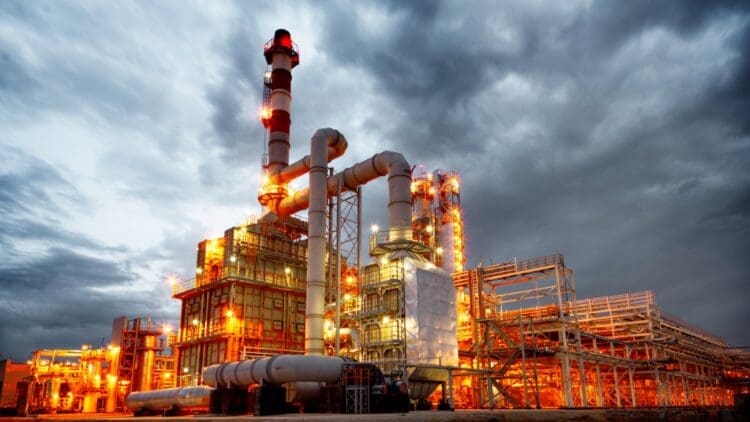In a world searching for the best decarbonization policies and methods, the European Union has stepped into the future with its new regulations regarding methane. The EU methane rules have been tightened across the upstream, midstream, and downstream operations. This is a significant step towards achieving the goals set out by the global community, which calls for more work to be done in the energy sector to reduce the amount of methane being produced in the upstream, midstream, and downstream sectors.
The regulations are a world first for the gas and oil sectors, aligning with global emission targets
The nations of the world are currently performing a balancing act that would have the best circus performers in awe of the amazing perpetual balance the energy sector is portraying right now. The global energy sector is investing in traditional gas and oil while also reaffirming the need to integrate the renewable energy sector more practically.
In that regard, the EU has announced it has adopted the world’s first comprehensive law to cut methane emissions across the upstream, midstream, and downstream oil and gas sectors. Regulation (EU) 2024/1787 aims to drastically reduce global methane emissions while enhancing transparency and promoting the EU’s climate neutrality goals by 2050.
The new regulations address the methane emissions from the vast oil and gas sectors while also setting restrictions on venting and flaring, mandating leak detection and repair (LDAR) surveys, and lastly, the regulation introduces transparency tools for methane emissions data.
The purpose of the new regulations, which have been a long time coming, is to establish rules for the accurate measurement, monitoring, reporting, verification, and reduction of methane emissions in the energy sector within the EU.
“Reducing methane emissions is crucial for meeting our 1.5-degree commitment under the Paris Agreement. Every fraction can immediately shave down global temperatures.” – European Commission
The import sector is facing the new regulations with a stiff upper lip
The new regulations affect the energy import sector in the EU as well. Companies that import crude oil, natural gas, and coal into the EU will need to ensure they meet the regulated requirements regarding methane emissions.
Among the many regulations, the companies in the EU energy sector are required to:
- Establish Leak Detection and Repair (LDAR) policies – Operators must survey assets up to 4 times a year and repair leaks typically within the standard 5–15 working day period.
- Follow mandatory methane reporting – Companies are required to conduct annual, source-level emissions reports verified by third parties, aligned with OGMP 2.0 Level 4/5 methodologies.
- Ban routine venting and flaring – Methane releases are only allowed for safety reasons and if no alternative exists.
- Foster importer compliance – Suppliers to the EU fossil fuel sector will need to provide transparent, verifiable emissions data for shipments starting in 2027, and meet performance thresholds by 2030.
As the global midstream sector is facing new and expansive operations in the Middle East and further afield, the EU’s new methane regulations serve the goals set by the global energy sector in reducing harmful methane emissions.
“Methane is one of the most dangerous gases for our climate. We urgently need to reduce methane emissions to keep our climate targets in reach.” – EU President Ursula von der Leyen
The new methane regulations for the EU outline the importance of reducing the impact of methane emissions
The global upstream, midstream, and downstream sectors are in need of transformative policies that reduce the long-lasting impact of methane emissions on the planet. Methane is a major contributor to climate change that has ravaged the globe and devastated coastal regions. As massive expansive operations take place across the global upstream, midstream, and downstream sectors, the EU is keeping an eye on the much-needed reforming of the methane emission regulations in the region.





